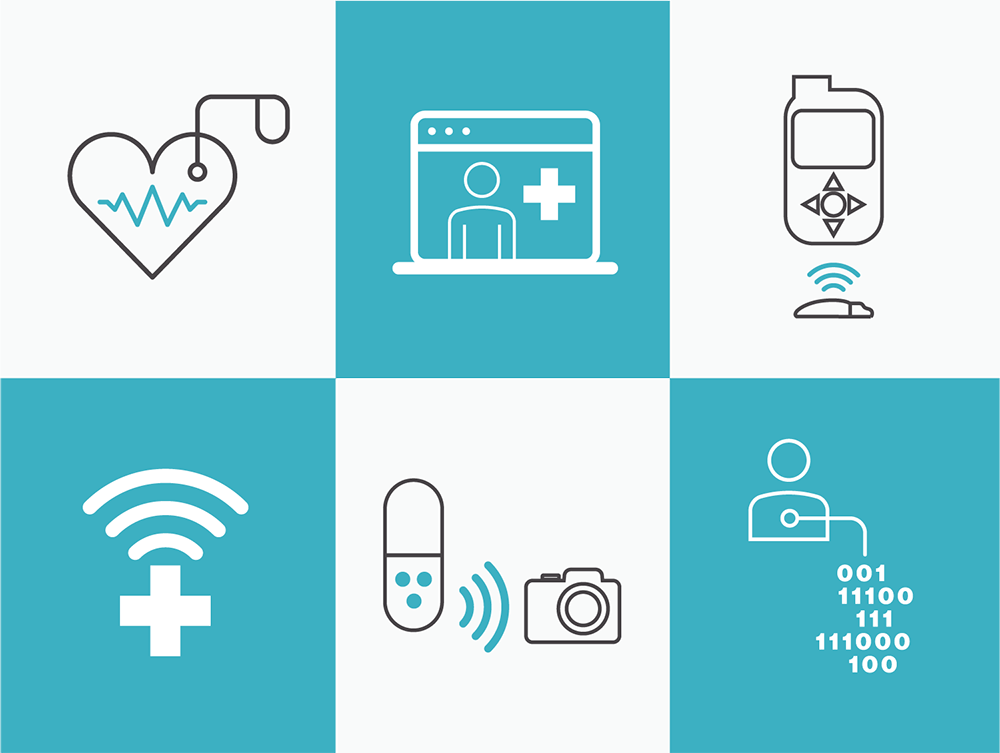Sponsored
Smarter devices, better patient care
In association withMedtronic
We are at the very beginning of a medical revolution, fueled by our ability to analyze hitherto unheard-of amounts of data using artificial intelligence (AI). AI is enabling the development of smart medical devices that can address some of society’s most persistent and expensive health problems. Conditions such as heart arrhythmias, type 1 diabetes, celiac disease, irritable bowel syndrome, and intestinal cancer can kill or disable millions of people every year and cost billions to diagnose and treat.

Smarter devices, better patient care
This content was produced by Insights, the custom content arm of MIT Technology Review. It was not written by MIT Technology Review’s editorial staff.
Instead of simply dealing with crises, or stabilizing patients with chronic health issues, medical devices can supply data to AI algorithms, which also draw from other data sources to diagnose and predict the course of a disease. The devices can use the resulting analysis to anticipate and prevent crises, detect issues that might have gone unnoticed, and help keep patients healthier.
The development of these smart medical devices is enabled by a combination of miniaturization, more powerful computing, advanced computational modeling, and increasingly sophisticated data analytics techniques for programming AI algorithms.
Download the full report.
Deep Dive
Artificial intelligence
Large language models can do jaw-dropping things. But nobody knows exactly why.
And that's a problem. Figuring it out is one of the biggest scientific puzzles of our time and a crucial step towards controlling more powerful future models.
Google DeepMind’s new generative model makes Super Mario–like games from scratch
Genie learns how to control games by watching hours and hours of video. It could help train next-gen robots too.
What’s next for generative video
OpenAI's Sora has raised the bar for AI moviemaking. Here are four things to bear in mind as we wrap our heads around what's coming.
Stay connected
Get the latest updates from
MIT Technology Review
Discover special offers, top stories, upcoming events, and more.